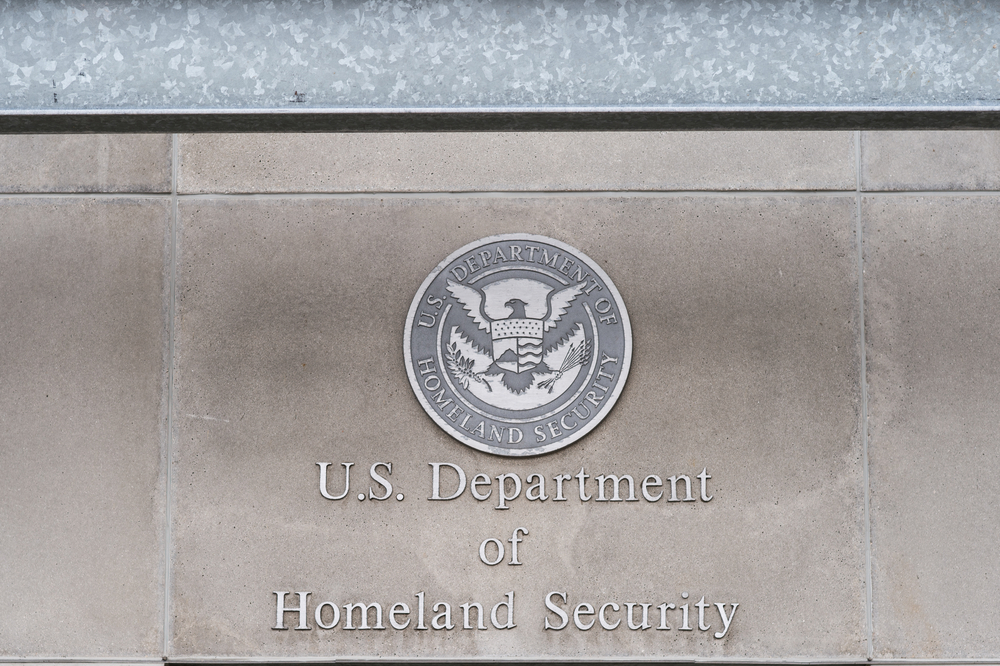
The U.S. House of Representatives advanced two bills this week that support homeland security efforts.
The first bill is the Transit Security Grant Program Flexibility Act (H.R. 1313), sponsored by Rep. Peter King (R-NY). It seeks to standardize performance periods for the Transit Security Grant Program at 36 months for most projects and 55 months for large scale projects. It allows program recipients to use grants to pay for associated backfill of personnel attending security training.
“This legislation will ensure that public transportation systems and transit infrastructure that are in final design or still under construction will still qualify for security grant assistance,” King said. “It is imperative to address any threats to these transportation projects. This legislation will allow just that.”
The other is the DHS Intelligence Rotational Assignment Program Act of 2019 (H.R. 2066), sponsored by Rep. Mike Gallagher (R-WI). This bill would authorize an Intelligence Rotational Analyst Program (IRAP) within the DHS to facilitate education and cross-training of DHS intelligence analysts.
“Evidence shows that a lack of intra-agency communication can lead to major security breaches,” Gallagher said. “I know first-hand that success in the field requires information sharing at all levels, and we must do all we can to strengthen participation in programs that seek to encourage this type of cross pollination. By requiring DHS to incentivize and promote participation in its current rotational program, my legislation will not only increase involvement but ensure that intelligence analysts are rewarded for taking steps to better understand the DHS intelligence enterprise.”
Rep. Mike Rogers (R-AL), ranking member of the House Homeland Security Committee, applauded the passage of these bills.
“The Transit Security Grant Program Flexibility Act streamlines and improves the Transit Security Grant Program, which helps secure our nation’s transportation infrastructure,” Rogers said. “The DHS Intelligence Rotational Assignment Program Act aims to improve intelligence sharing across DHS’s nine intelligence programs by establishing rotations for senior level employees across the department.”




